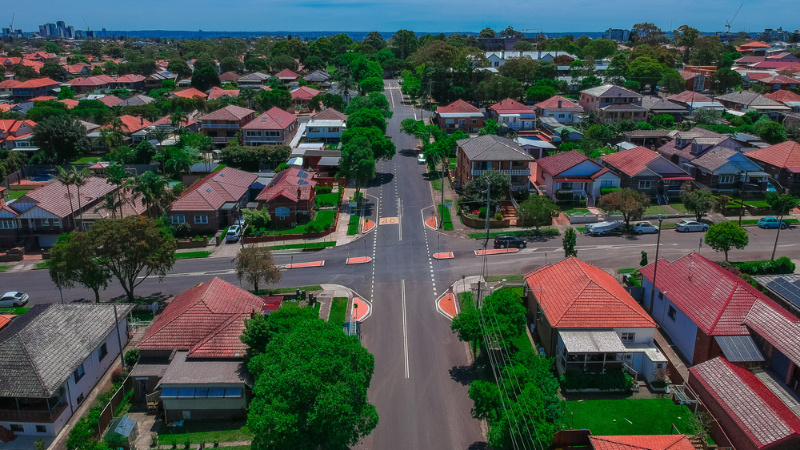Housing Accord Tipped to Drive New Asset Class

The federal government’s Housing Accord could create a new asset class whose returns are not influenced by market peaks and troughs, according to a new report commissioned by one of Australia’s biggest superannuation fund.
The report by Frontier Advisory says the policy is an opportunity to create a long-term and relatively trouble-free investment for super fund members while also addressing a pressing social and economic need.
With new figures revealing industry fund are poised to invest $35 billion in unlisted property over the next decade if the right model is found, there is a substantial capital pool to draw from for affordable housing.
The Super in the Economy report commissioned by Industry Super Australia said that affordable housing’s longer-term leases backed by government guarantee and low vacancy rates delivers stable long-term returns that are largely immune to economic conditions and can buffer members’ portfolios against market shocks.
However, the report found, “without meaningful and consistent government concession schemes that boost returns for private investors, most affordable housing projects are unviable”.
“The federal government’s commitment of building at least 40,000 new affordable and social housing homes as well as funding for an income stream that can subsidise reduced rental yields, is the crucial first step needed to getting investments rolling,” the report said.

Recommendations from the report to create a pipeline of projects include:
• Create clear planning requirements that mandate social and affordable housing components on new developments, incentivising greater density near public infrastructure and set affordable housing targets for local governments to meet.
• Stimulate the build-to-rent market through incentives, streamlined planning, guarantees and reduced funding red tape. Build-to-rent is practically non-existent in Australia but is 28 per cent of the property sector in the US and 11 per cent in Europe and has a positive impact on affordability in large cities.
• Encourage mixed tenure developments and build-to-rent-to-sell developments, investors can subsidise reduced rents through increases in capital values of the holdings.
• Audit publicly owned land for underutilised properties in well-situated areas that could be converted into social and affordable housing projects.
• Encourage more public private partnerships with state governments.
Super Australia deputy chief executive Matt Linden said affordable housing investments could be a win-win for super fund members and the nation.
“With the right financial models and a steady pipeline of projects, industry fund members get a low-risk investment that delivers secure returns even when the economic seas are rough, and thousands of Australian families get the quality affordable housing they need,” he said.
“Through the Housing Accord and this week’s investor roundtable the government has shown it is serious about tackling affordable housing supply, now the key players—like industry super funds—need to thrash out the ideas that will align this national interest with our members’ financial interest.”















